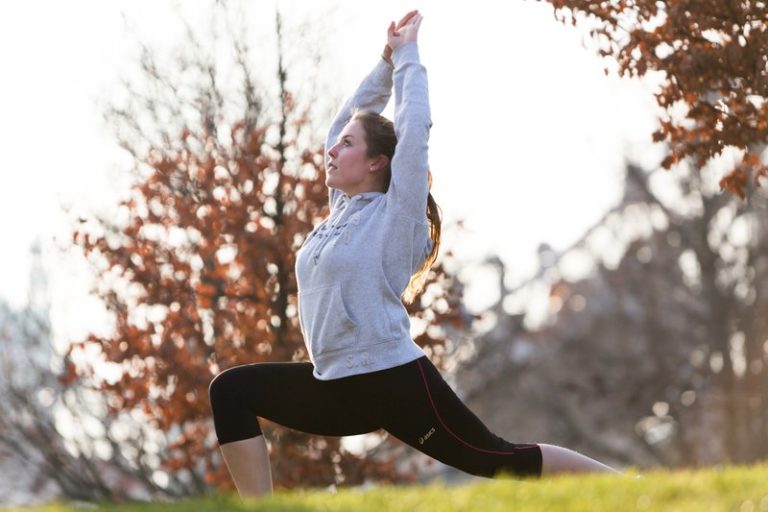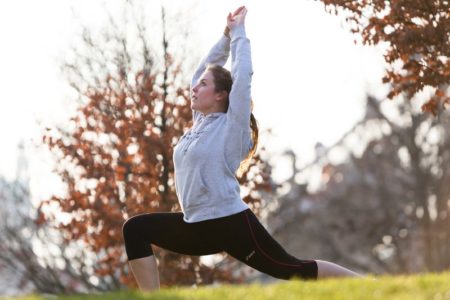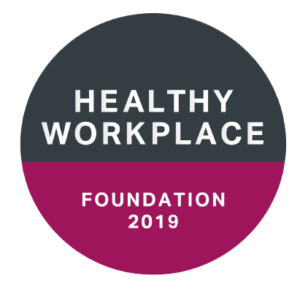The next in a series of blog posts from London Sport’s Specialist Advisor – Physical Activity for Health, Barry Kelly
The research published in the British Journal of General Practice (BJGP) this week, which highlighted that “The majority of GP’s in England (80%) are unfamiliar with the national Physical Activity guidelines,” should come as little surprise.
Why?
These findings likely reflect a general lack of awareness, across most of the country, of how much physical activity we should be doing.
It would be easy to criticise GPs for this knowledge gap but their lack of contact time with patients, who often presents a range of complex needs, has some bearing on where physical activity sits within GPs’ knowledge. Picture a scenario where a GP is looking to raise the subject of physical activity with a patient, knowing it may seem to rank far down their list of priorities: “Oh, I know your house is covered in mould, you are struggling to pay the rent, you have two jobs and your daughter has severe asthma, but have you given exercise some thought?” This may seem an extreme example but is perilously close to reality for some GPs in London’s most deprived areas (exactly those areas where targeting physically inactive people is an obvious ambition).
Helen Stokes-Lampard, Chair of the Royal College of General Practitioners, has also picked up on time pressures with patients as a key concern in response to the BJGP article.
So, what do we do?
There has been a concerted effort to address GPs’ understanding of physical activity through the Public Health England GP Clinical Champion Programme and the commitment within the Sport England Strategy to work with Public Health England to train health professionals. In addition, the work of Sport England and Public Health England will consider how to incorporate learning at an earlier stage of the health professional training cycle, which makes a lot of sense. All of this work is important and should be commended.
Yet this is work in progress. It will take some time to turn the knowledge gap around, particularly in view of my earlier point about the challenges presented by complex needs of patients. In the last 10 years or so, several reports (including Marmot) have highlighted the importance of moving away from solely individual lifestyle issues to a more holistic approach which also focuses on the wider determinants of health and socio-economic issues.
This has led to several Local Authorities developing an integrated service approach (mainly lifestyle focused, admittedly) and, in part, probably explains the renewed interest in social prescribing which has become a focus of the local Sustainability and Transformation Plans(STPs). The way these services are set up make it easier for GPs to refer into them (or at least that is the idea) as GPs do not need a detailed understanding of a wide range of services, but instead can refer patients secure in the knowledge that they will get an appropriate range of interventions.
While the majority of these services are at an early stage of development, there is potential for them to become the more holistic services that Marmot and others have envisaged. Another crucial aspect of these services is their option to self-refer and also link with online behaviour change tools such as One You, which takes away the role of GPs altogether.
This raises several challenges for the physical activity and sport sector. We need to think differently about our role and that of our workforce, we need to make sure physical activity becomes everyone’s business and we need to make the best use of the interactions we have with individuals participating in physical activity sport. If the future direction is to focus more on individuals’ needs and support services, we need to be able to contribute as a sector to shaping this. This will involve working more collaboratively, not only with health professionals, but with anyone who has the opportunity or ability to improve the public’s health so that there are multiple opportunities to raise the subject of physical activity.
It also requires us to review how the physical activity and sport workforce operates and how we may reciprocate this by raising the subject of other health issues through our own interactions with individuals. This is something London Sport is currently looking at.
What none of this does is take away from the fact that being physically active is one of the best things you can do to maintain good health. The more people that understand quite how active we should be (and especially health professionals) the better.
About the Author
Barry Kelly is London Sport’s Specialist Advisor – Physical Activity for Health






